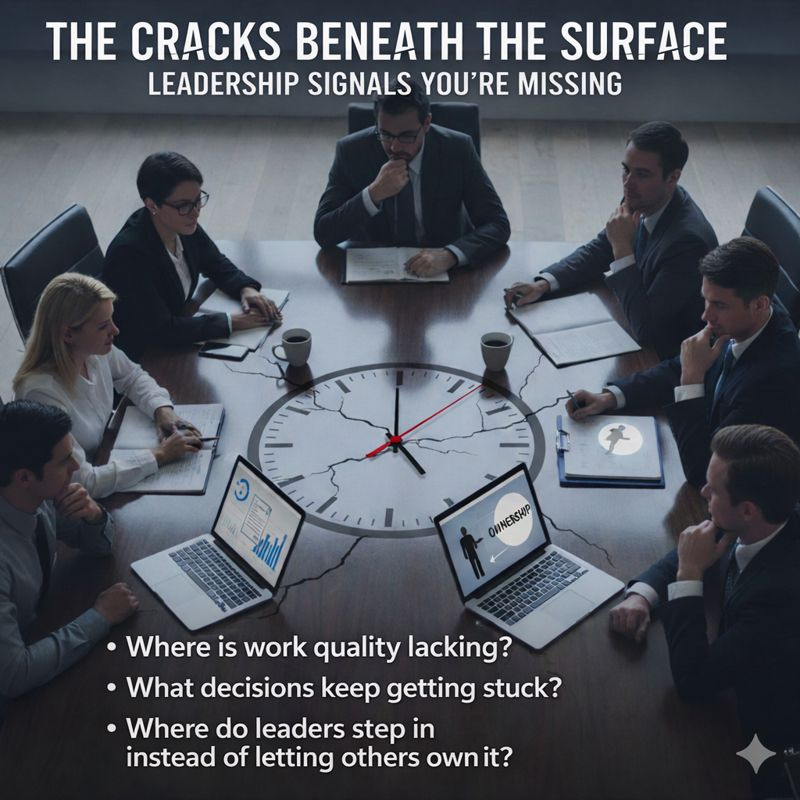Making a Great First Impression: Avoid These 3 Common Mistakes

According to research by Vanessa Van Edwards, who analyzed thousands of first encounters, your first impression happens before you even speak. People decide if they like, trust, or want to work with you the moment they first see you. Unfortunately, many of us unknowingly sabotage ourselves with what she calls the "triple threat" of first impression mistakes.
The 3 Problems That Kill Your First Impression
Problem 1: Making Yourself Small - When you tuck your arms close to your body and hunch your shoulders, you signal low confidence. Looking down at your phone while waiting creates the "universal defeat posture" – chin tucked, shoulders hunched, taking up minimal space. In simple terms, you look like a loser.
Problem 2: Hiding Your Hands - Keeping your hands in pockets or out of sight creates subconscious distrust. People need to see your hands to feel safe around you.
Problem 3: Avoiding Eye Contact - Direct eye contact triggers oxytocin, which builds trust and connection. Skip this in the first few seconds, and you miss a crucial bonding opportunity.
How to Fix These Mistakes
The solution is straightforward: keep your hands visible and expressive, stand tall with good posture to take up appropriate space, and make deliberate eye contact within the first few seconds of meeting someone. Master these three elements, and you'll create positive first impressions that open doors instead of closing them.
For more detailed research findings and background on Van Edwards' extensive studies, check out Why Vanessa Van Edwards' First Impression Studies Matter.


